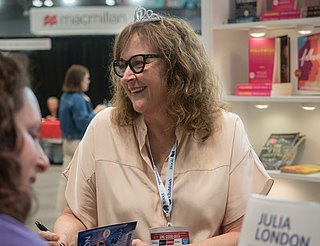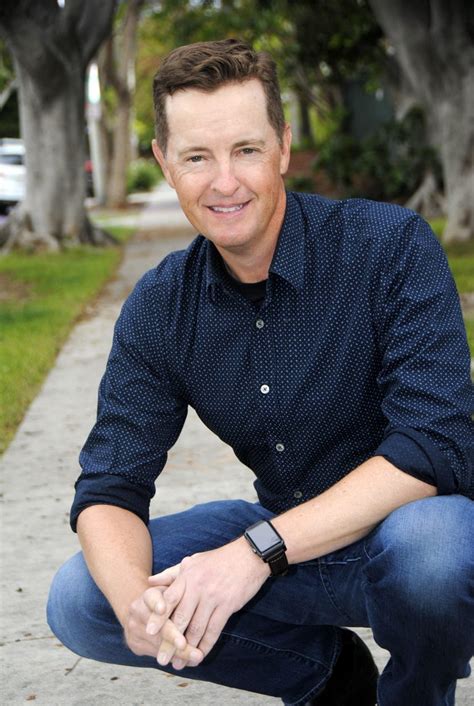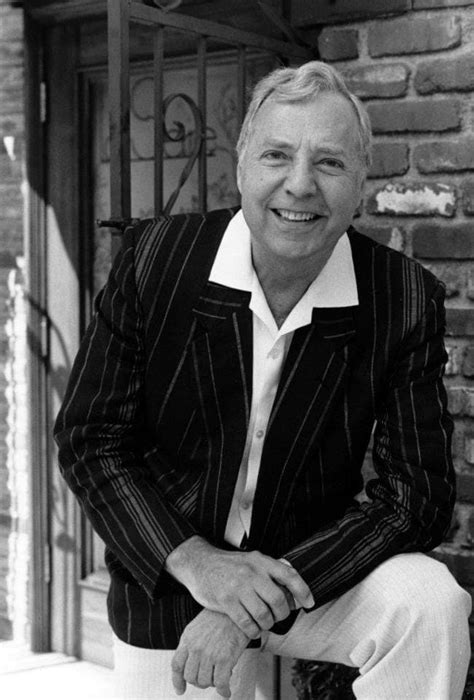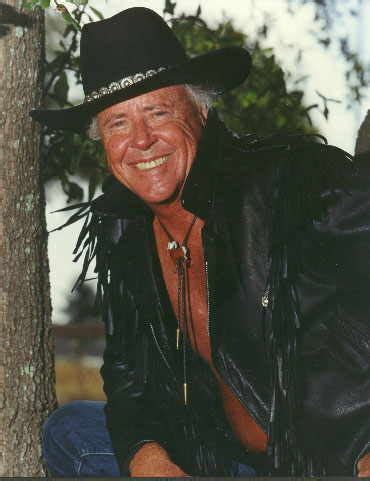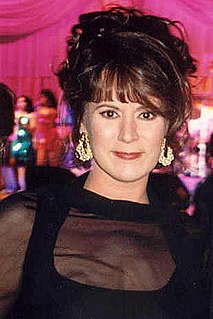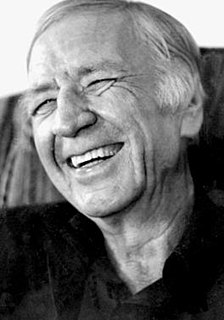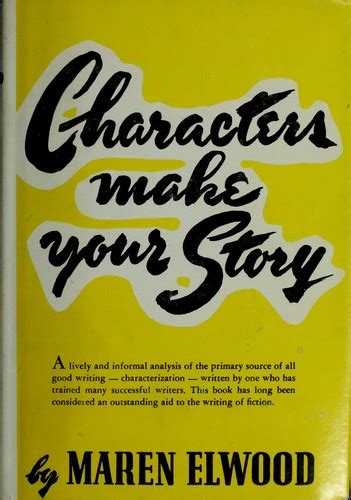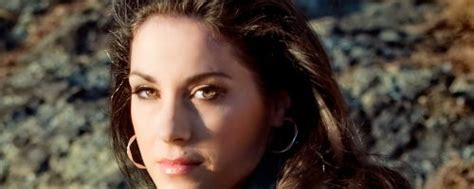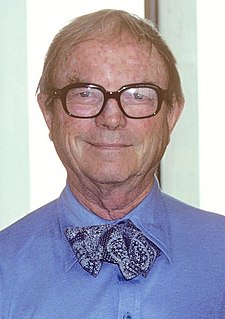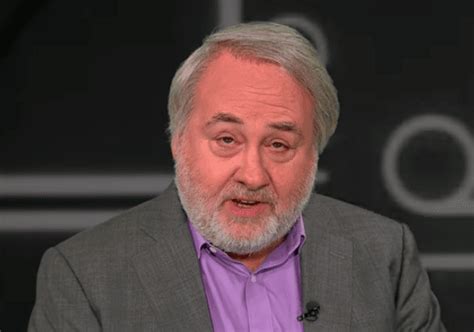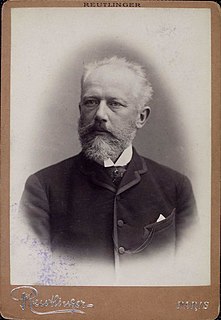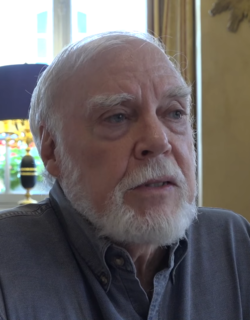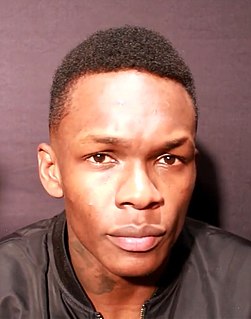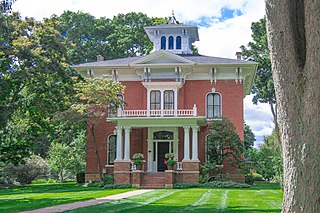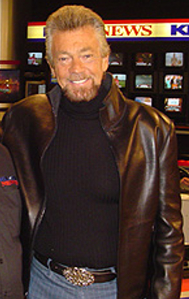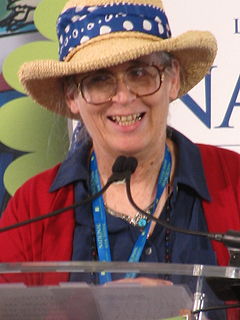Top 1200 Plot Quotes & Sayings - Page 2
Explore popular Plot quotes.
Last updated on April 19, 2025.
There's that lovely thing for the first month or two of writing a new book: OK, I don't know what that character's going to do, but we'll find out later. After about three or four months you come to that bit where you've got to put some plot in before it's too late, and you have to go back and start inserting plot, and, ooh, I've left out the literature, OK, lets put some in.
The writer must always leave room for the characters to grow and change. If you move your characters from plot point to plot point, like painting by the numbers, they often remain stick figures. They will never take on a life of their own. The most exciting thing is when you find a character doing something surprising or unplanned. Like a character saying to me: ‘Hey, Richard, you may think I work for you, but I don’t. I’m my own person.’
Anyone can write five people trapped in a snowstorm. The question is how you get them into the snowstorm. It's hard to write a good play because it's hard to structure a plot. If you can think of it off the top of your head, so can the audience. To think of a plot that is, as Aristotle says, surprising and yet inevitable, is a lot, lot, lot of work.
The plot is very important because writers have to play fair with their readers, but no one would care about the plot if the character work wasn't there. So, basically every book I work on starts with me thinking not just about the bad thing that's going to happen, but how that bad thing is going to ripple through the community, the family of the victim, and the lives of the investigators. I am keenly aware when I'm working that the crimes I am writing about have happened to real people. I take that very seriously.
I find that I am much slower in the beginning of a book. I am thinking of the plot, of the characters and who they are, and where they are going. I often throw out a lot of the writing I start with, because the characters and plot improve as I write. Or perhaps I should say it is my hope they will improve as I write.
The earliest influence on me was the movies of the thirties when I was growing up. Those were stories. If you look at them now, you see the development of character and the twists of plot; but essentially they told stories. My mother didn't go to the movies because of a religious promise she made early in her life, and I used to go to movies and come home and tell her the plots of those old Warner Brothers/James Cagney movies, the old romantic love stories. Through these movies that had real characters, I absorbed drama, sense of pacing, and plot.
Do you ever get moods when life seems absolutely meaningless? It's like a badly-constructed story, with all sorts of characters moving in and out who have nothing to do with the plot. And when somebody comes along that you think really has something to do with the plot, he suddenly drops out. After a while you begin to wonder what the story is about, and you feel that it's about nothing—just a jumble.
Everything has to be intrinsic plot-wise in the same way, to use the Linda Williams analogy but to move it on a bit, as musicals - in old musicals, like in an old Cole Porter musical, you get the action, then they do a song, which reflects a moment - everything stops while that is being sung - and then you restart. These days in most musicals, the plot keeps moving through the song. I think it would be nice if someone constructed some pornography where the sex continues to propel you through the story.
Some artists, such as Jack Kirby, need no plot at all. I mean I'll just say to Jack, "Let's let the next villain be Dr. Doom" ... or I may not even say that. He may tell me. And then he goes home and does it. He's so good at plots, I'm sure he's a thousand times better than I. He just makes up the plots for these stories. All I do is a little editing ... I may tell him that he's gone too far in one direction or another. Of course, occasionally I'll give him a plot, but we're practically both the writers on the things.
One of the things I learned as a young semiotics nerd was that if you have plot moving forward, no matter how banal the facts of it, simply the fact that the plot is rolling forward makes you wonder what's going to happen next, which creates suspense. So you can control peoples' attention simply by having things move forward in a story.
One thing that we learned that we published on our blog post is that uniformly, men lie about their height by almost exactly two inches. So if you look at a plot of census bureau data on the distribution of men's heights in the U.S. and you plot men's heights on OKCupid, it is exactly shifted two inches to the left.
I don't revise a lot when writing short stories. As far as the novel, I definitely thought more about plot. Honestly, I'm still pretty confused about what "plot" means. I've been reading some of my Goodreads reviews and one reader noted that the The Last Days of California "reads like a short story stretched to the breaking point, padded and brought into novel range..." I don't know what people want, really.
I always write a draft version of the novel in which I try to develop, not the story, not the plot, but the possibilities of the plot. I write without thinking much, trying to overcome all kinds of self-criticism, without stopping, without giving any consideration to the style or structure of the novel, only putting down on paper everything that can be used as raw material, very crude material for later development in the story.
This element of surprise or mystery — the detective element as it is sometimes rather emptily called — is of great importance in a plot. It occurs through a suspension of the time-sequence; a mystery is a pocket in time, and it occurs crudely, as in "Why did the queen die?" and more subtly in half-explained gestures and words, the true meaning of which only dawns pages ahead. Mystery is essential to a plot, and cannot be appreciated without intelligence.
If I had to catalog all the moronic plot turns in The Day After Tomorrow, we'd be here until the next ice age. It's just so very bad. You can have a pretty good time snickering at it-unless, like me, you think there's something to this global warming thing, and you shudder at the irony of a movie meant to warn people about a dangerous environmental trend that completely discredits it. Is it possible that the film is a plot to make environmental activists look as wacko as anti-environmentalists always claim they are?
Introduce your main characters and themes in the first third of your novel. If you are writing a plot-driven genre novel make sure all your major themes/plot elements are introduced in the first third, which you can call the introduction. Develop your themes and characters in your second third, the development. Resolve your themes, mysteries and so on in the final third, the resolution.
You will be surprised to learn how some very knowing people have misunderstood Plotto. On glancing at it, some of the intelligentia have jumped at the false conclusion, that Plotto is a dictionary of situations, a mechanism that yields a cut and dried plot by the mere use of a thumb index. Plotto, to the contrary, merely suggests the situations for the plot, explains what is to be done through Purpose and Obstacle and even offers suggestions as to the way in which it should be done.
Physiologically adult humans are not meant to spend an additional 10 years in a school system; their brains map that onto "I have been assigned low tribal status". And so, of course, they plot rebellion - accuse the existing tribal overlords of corruption plot, perhaps to split off their own little tribe in the savanna, not realizing that this is impossible in the Modern World.
Mr. and Mrs. Mr. and Mrs. Watson love Mercy [Watson]. Eugenia hates Mercy. Baby likes Mercy. Mercy loves toast. And the plot, if you want to be so generous as to call it a plot, turns on those elements. love Mercy. Eugenia hates Mercy. Baby likes Mercy. Mercy loves toast. And the plot, if you want to be so generous as to call it a plot, turns on those elements.







